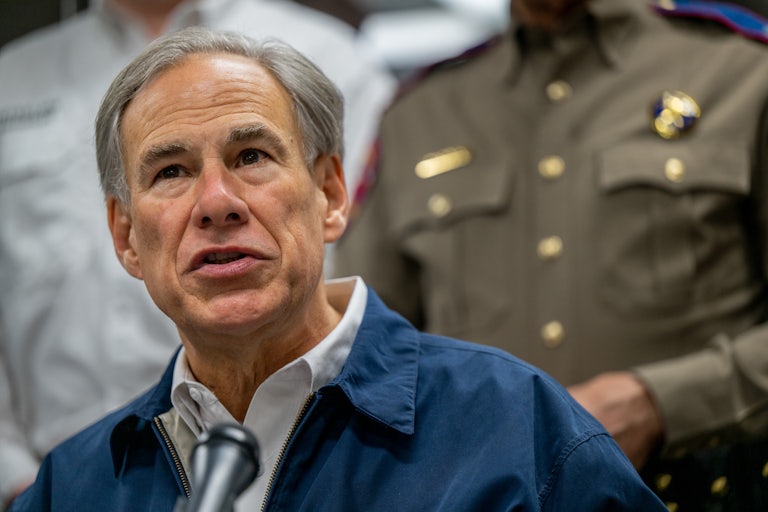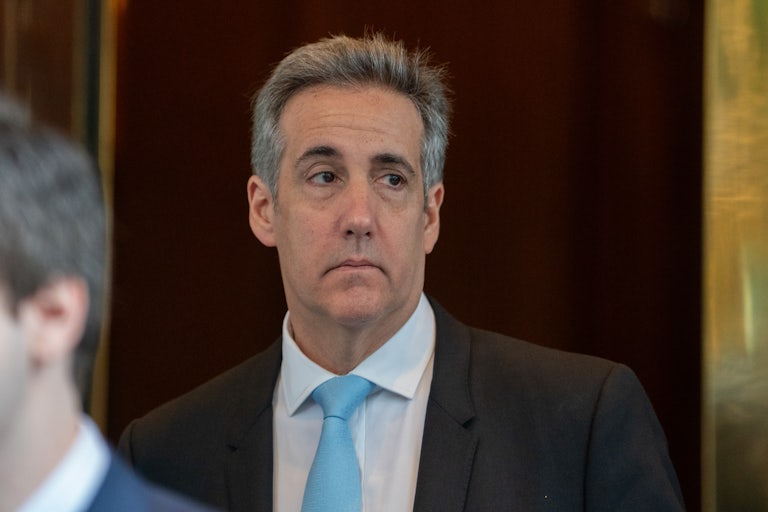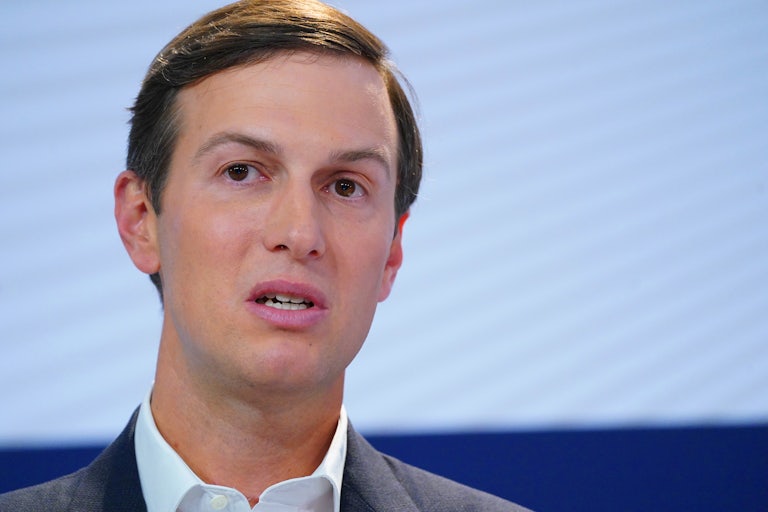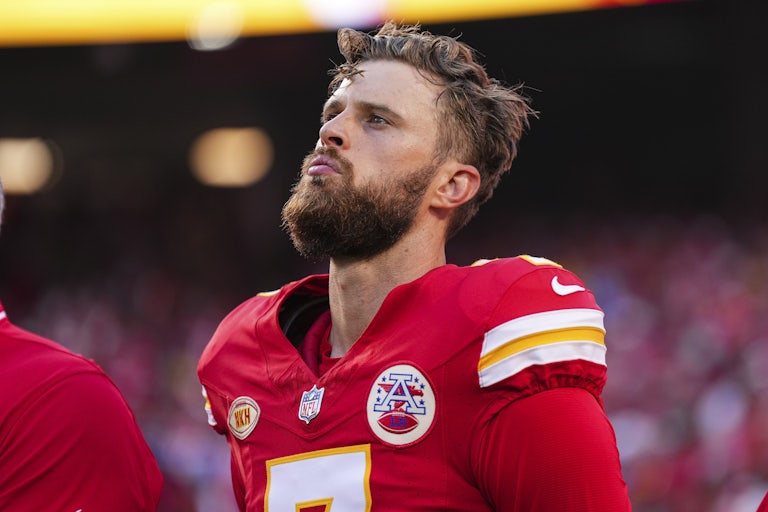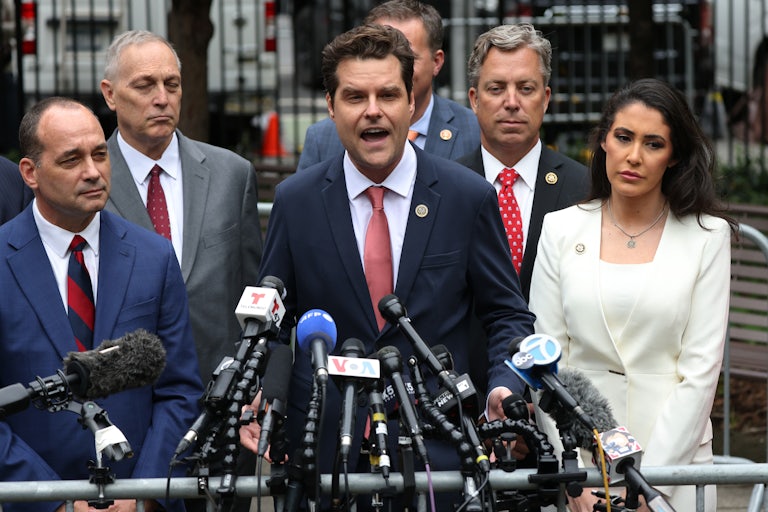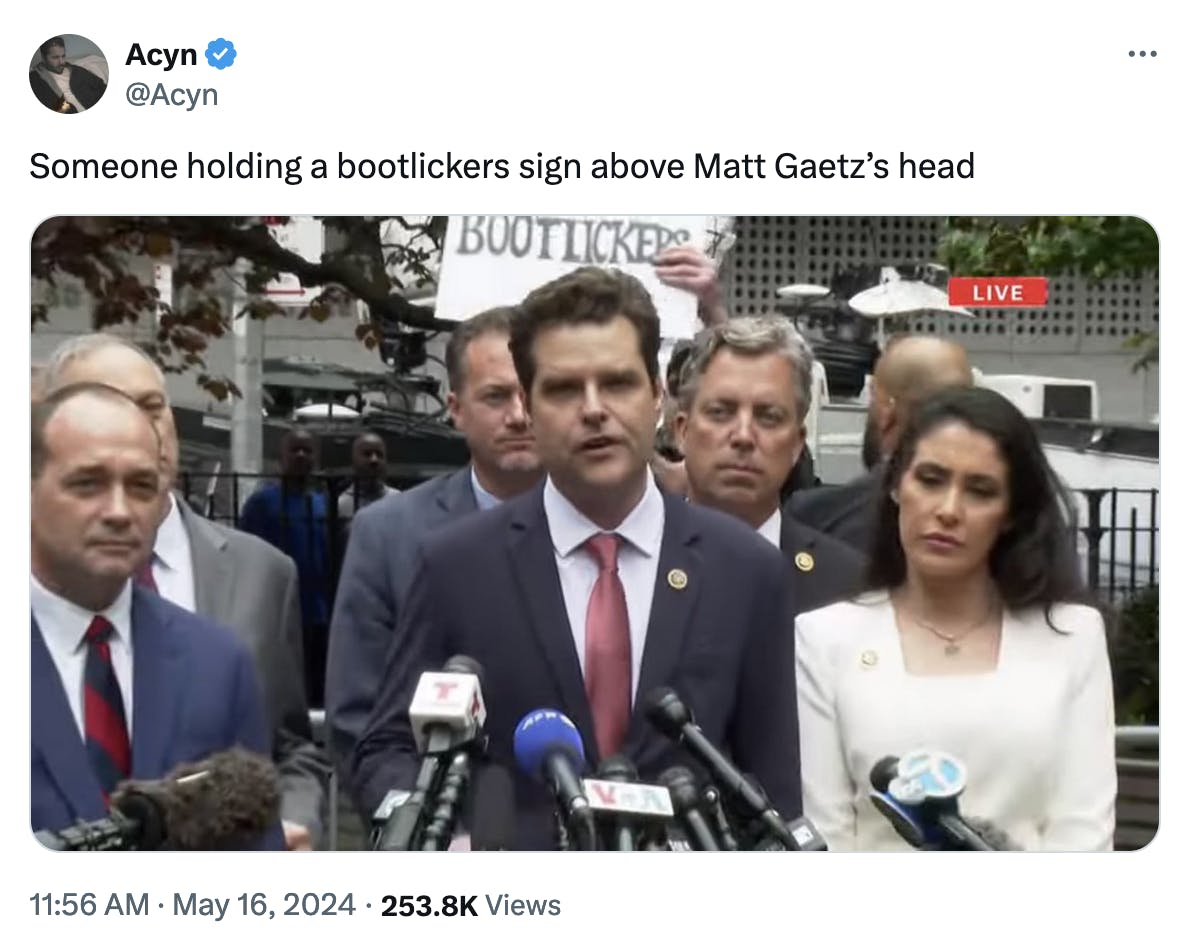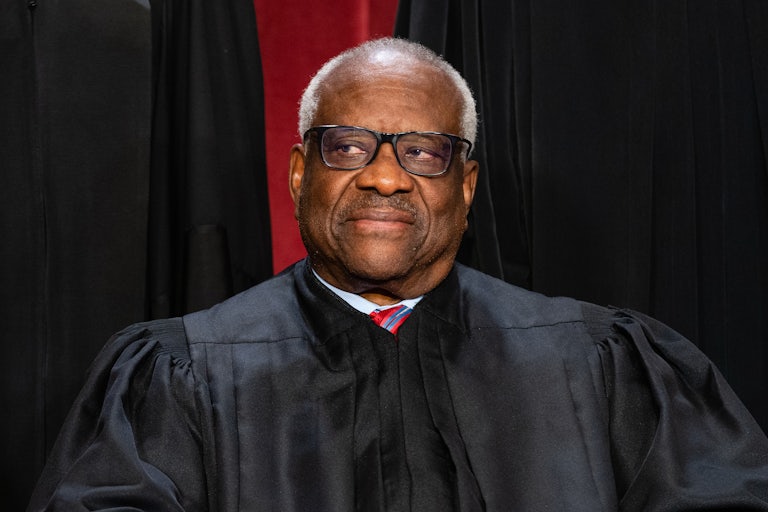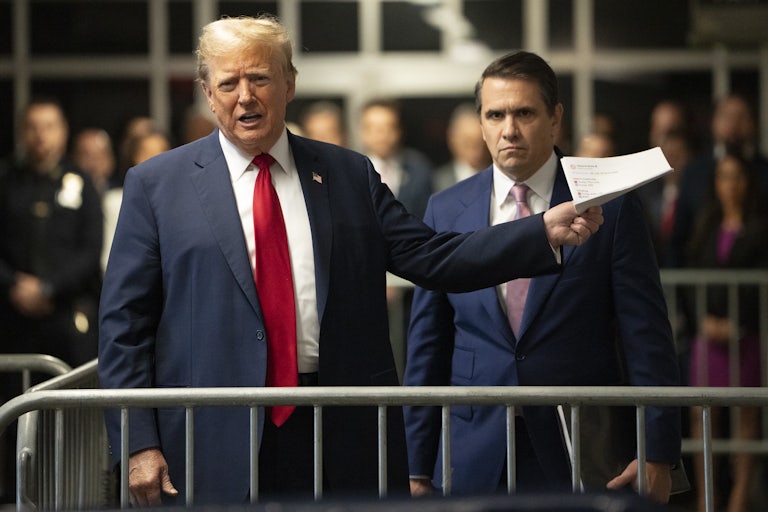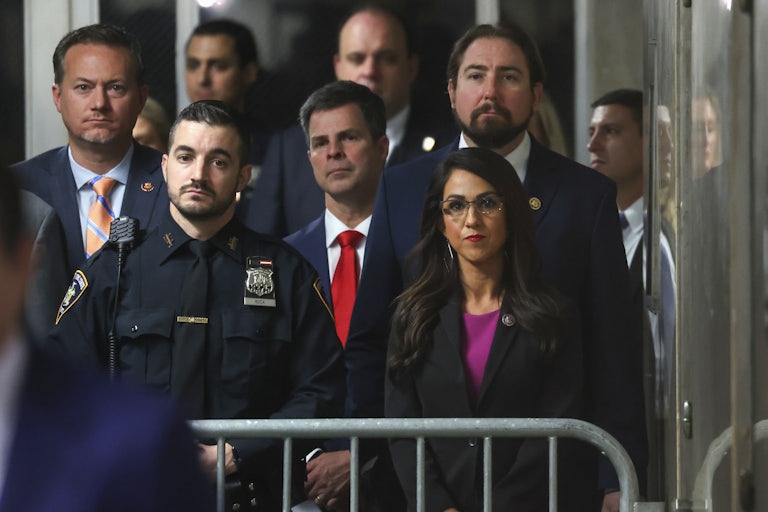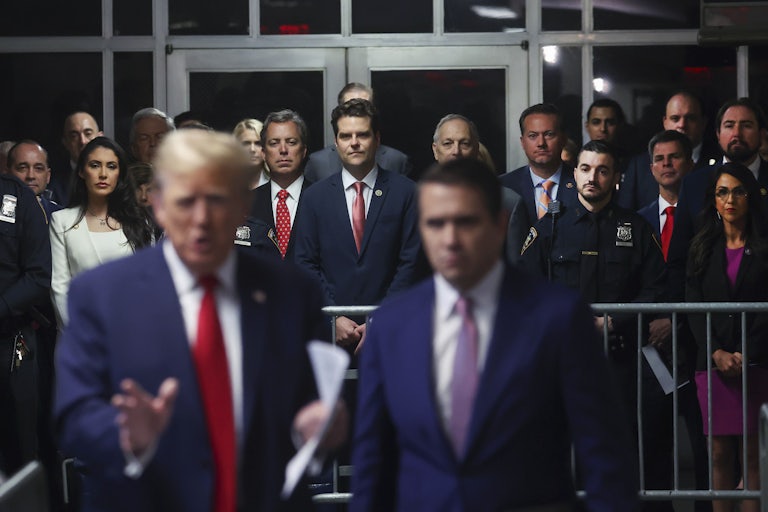Michael Cohen Buries Trump in One Exchange on Hush-Money Trial
Cohen said he always sought Trump’s sign-off, even if it upset the 2016 campaign team.
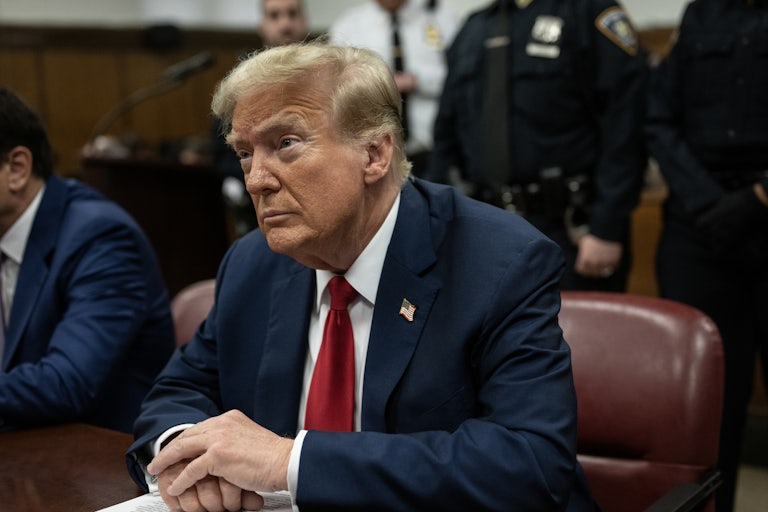
Michael Cohen’s latest testimony just added another dent to Donald Trump’s crumbling legal defense in his hush-money case.
While on the stand Thursday, Cohen revealed that he didn’t do anything without Trump’s knowledge and his send-off, even if the excessive measures infuriated his campaign. That extra insurance was largely out of fear of any repercussions for doing or saying something on Trump’s behalf that the testy former reality TV star might not approve of.
During a string of questions probing Cohen’s relationship with the press, Trump attorney Todd Blanche asked if Cohen had ever answered a question without first checking in with Trump.
“It was my routine to ask him,” Cohen said, noting that Trump would “blow up” at him if Cohen got something incorrect, potentially costing him his job.
“So over the course of nine and a half years, you never commented on a story on your own?” continued Blanche.
Cohen testified that, for an initial comment on the story, he would “always get a comment to something” from Trump. But after that, he would effectively copy and paste the response to subsequent outlets running similar stories.
It’s just another instance in which Cohen has undercut Trump’s legal defense, which has attempted to frame Trump as a boss totally unaware of the hush-money payments and that the funds for the payments came from Cohen alone. Instead, Cohen has repeatedly outed Trump as a “micromanager” who was aware of his every move, telling the court on Monday that the pair spoke “every single day, and multiple times a day.” And, if they weren’t able to communicate one-on-one, Cohen said he would often communicate with Trump via one of his other close confidants, including his former assistant Rhona Graff, Trump Organization employee turned director of Oval Office operations Keith Schiller, Trump’s children, or Hope Hicks.
Other witnesses in the criminal trial have also testified that Trump was the originator of the hush-money payments, including Daniels’s former attorney Keith Davidson, who said that he understood at the time the agreement was drawn up that the ultimate source of the money was Trump.
The Republican presidential nominee faces 34 felony charges in this case for allegedly falsifying business records with the intent to further an underlying crime. Trump has pleaded not guilty on all counts.
